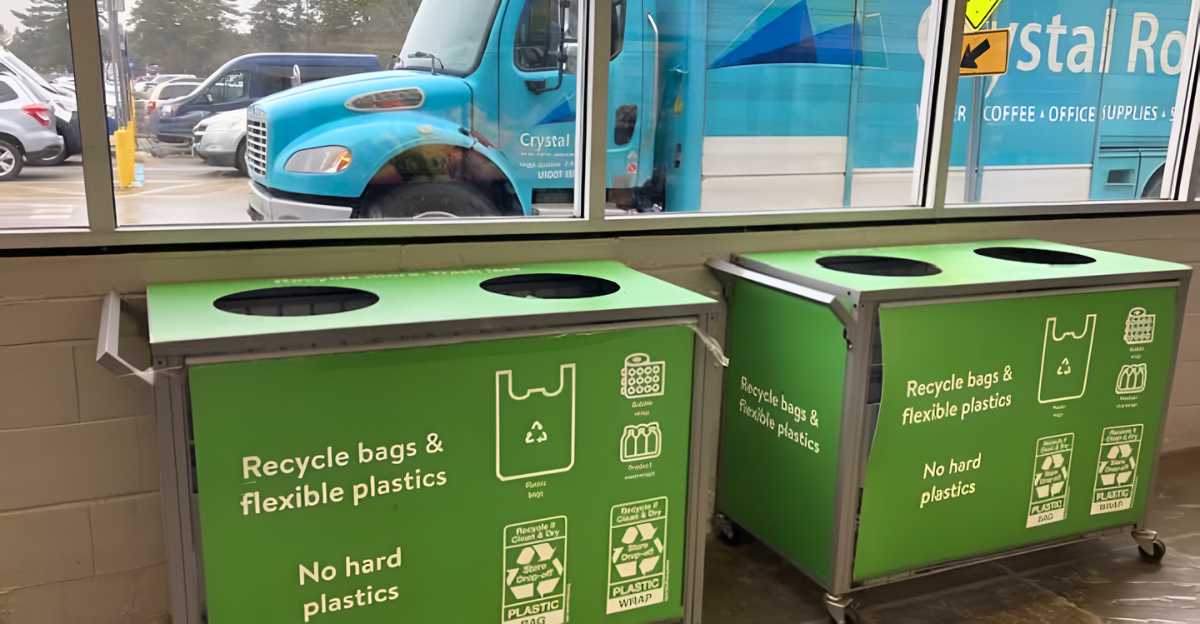
In late 2022, ABC News and its partner stations launched a bold test: they placed 46 hidden trackers inside plastic bags dropped into recycling bins at Walmart and Target stores across 10 states. The results, released in May 2023, revealed something alarming, many bags never got recycled.
Instead, they ended up in landfills, incinerators, or overseas. According to ABC News, it was “the largest investigation of its kind” into America’s plastic bag recycling system.
Why Reporters Did This in the First Place
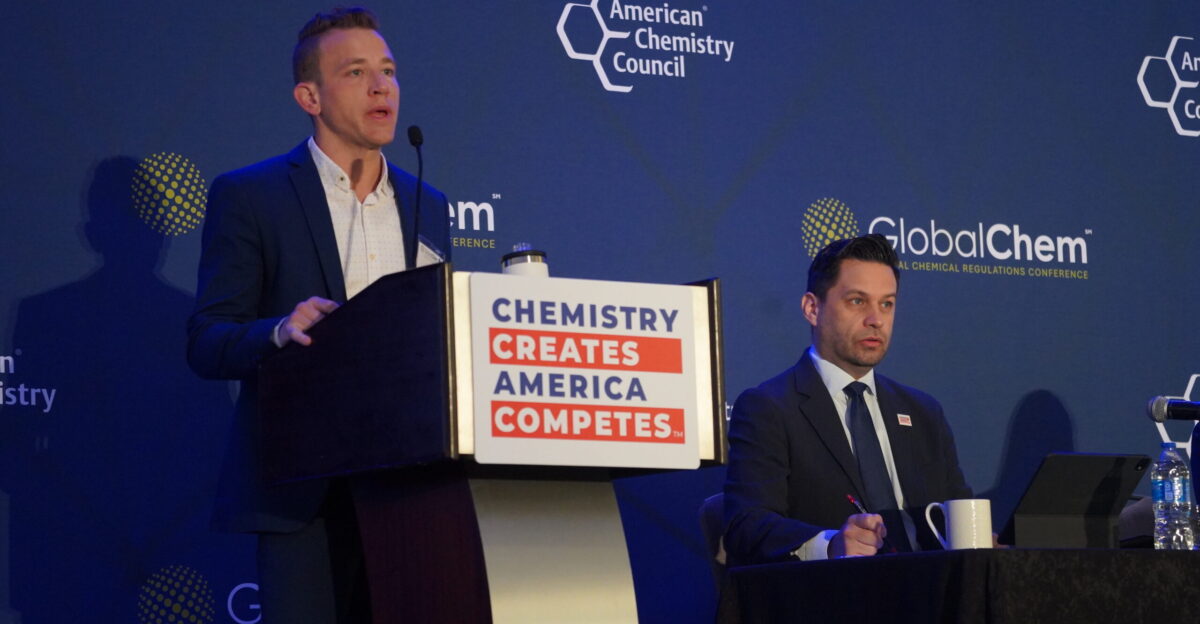
Recycling rates in the U.S. are alarmingly low. According to Greenpeace, just 5% of plastic waste was recycled in 2021, down from nearly 10% in 2014. WRAP, backed by the American Chemistry Council, offered convenience, but with plastic production set to nearly triple by 2050, doubts about real recycling outcomes grew.
How the Plastic Bag Tracker Test Was Set Up
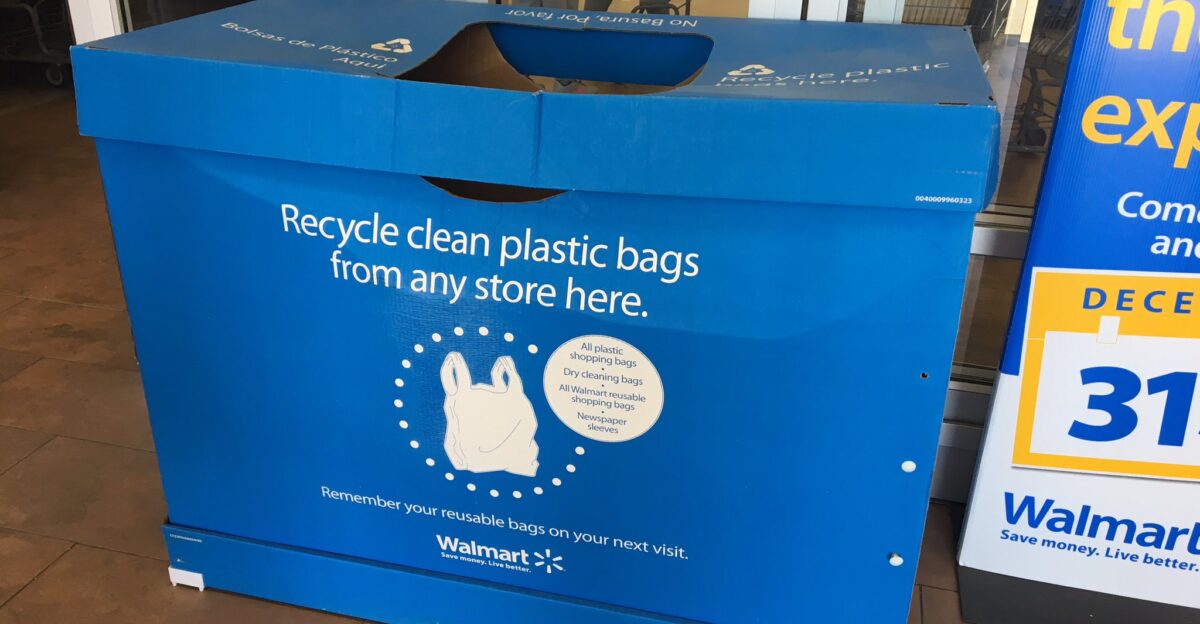
To track where plastic bags really go, investigators hid digital trackers inside clean, bundled plastic bags. ABC News says these were dropped off at Walmart and Target stores in 10 states. The trackers pinged multiple times daily, helping reporters follow each bag’s path for months, whether it ended up recycled or trashed.
Early Clues Something Wasn’t Right
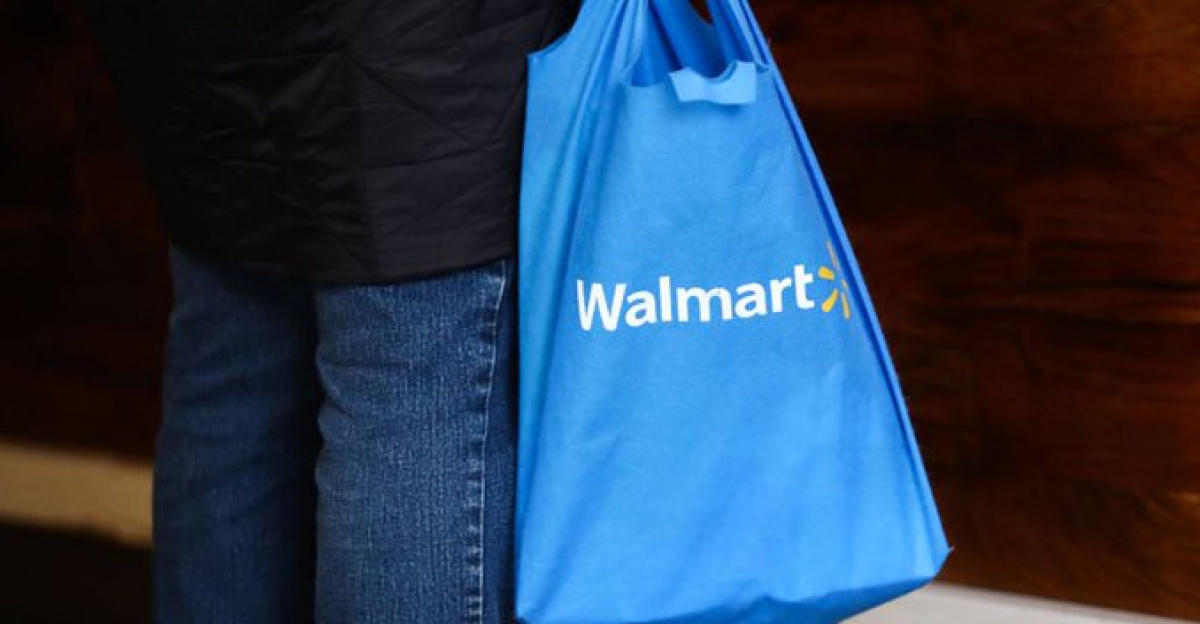
Soon after drop-off, pings began coming from strange places. A Target bag from Kingston, New York, surfaced in a landfill. A Walmart bag ended up in Indonesia. By May 2023, half the trackers had pinged from landfills, incinerators, or facilities that don’t recycle plastic bags. Some stopped pinging altogether, raising more red flags.
How U.S. Trash Gets Sent Abroad
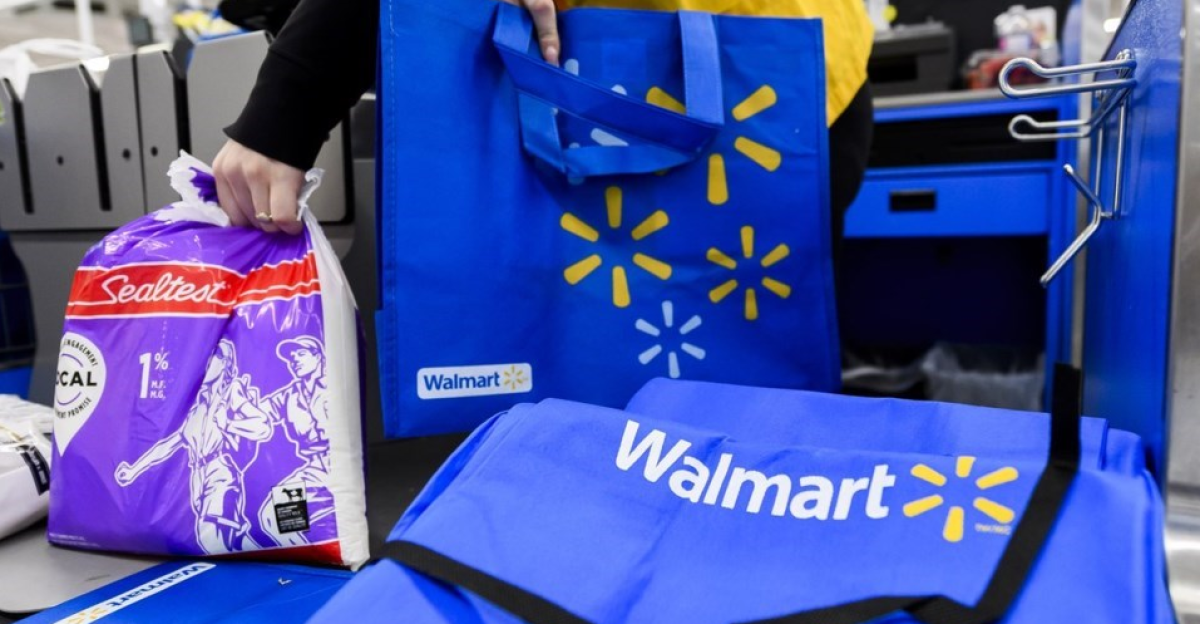
Three trackers landed in Southeast Asia. According to ABC News, one ended up in Indonesia near a plastic plant under investigation. Two more showed up at Malaysian sites near activist Pua Lay Peng’s home. The UN says plastic waste exports are “highly prone to corruption,” with smuggling and fake documents commonly used to move it.
What Big Retailers Claim
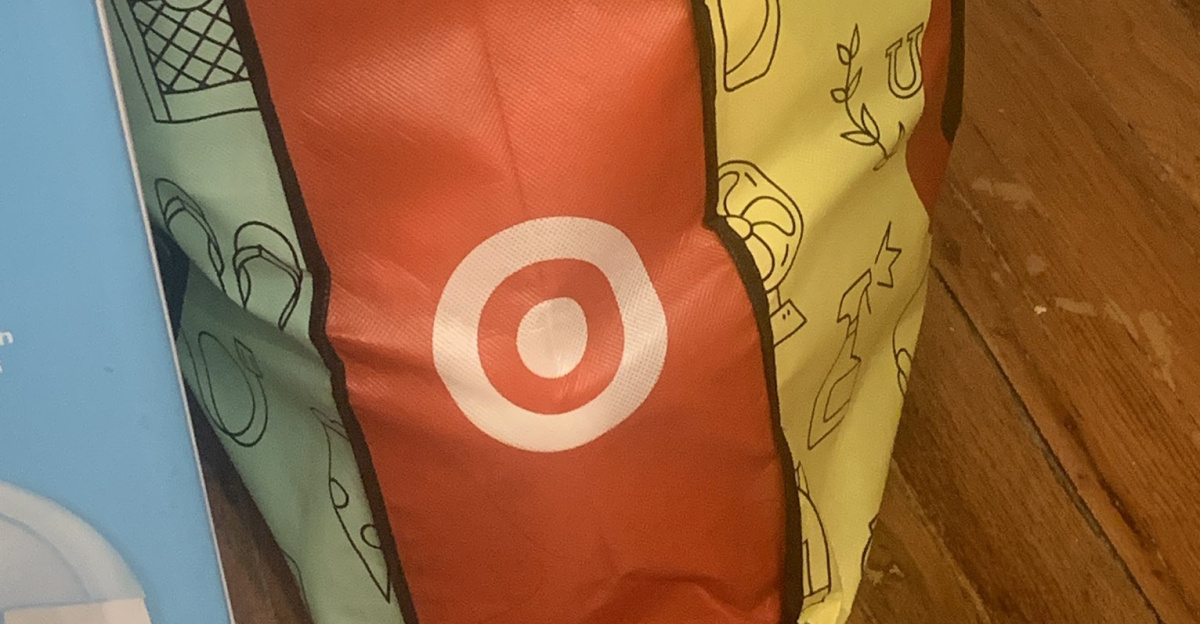
Target claims it recycled nearly 24 million pounds of plastic bags and film.Walmart promotes its sustainability too, but both missed some 2025 goals. ABC News trackers showed most bags in their bins didn’t get recycled. Many ended up in landfills, incinerators, or shipped abroad. The American Chemistry Council admits current recycling rates are still “insufficient.””
The Truth Behind the “Recycling” Label
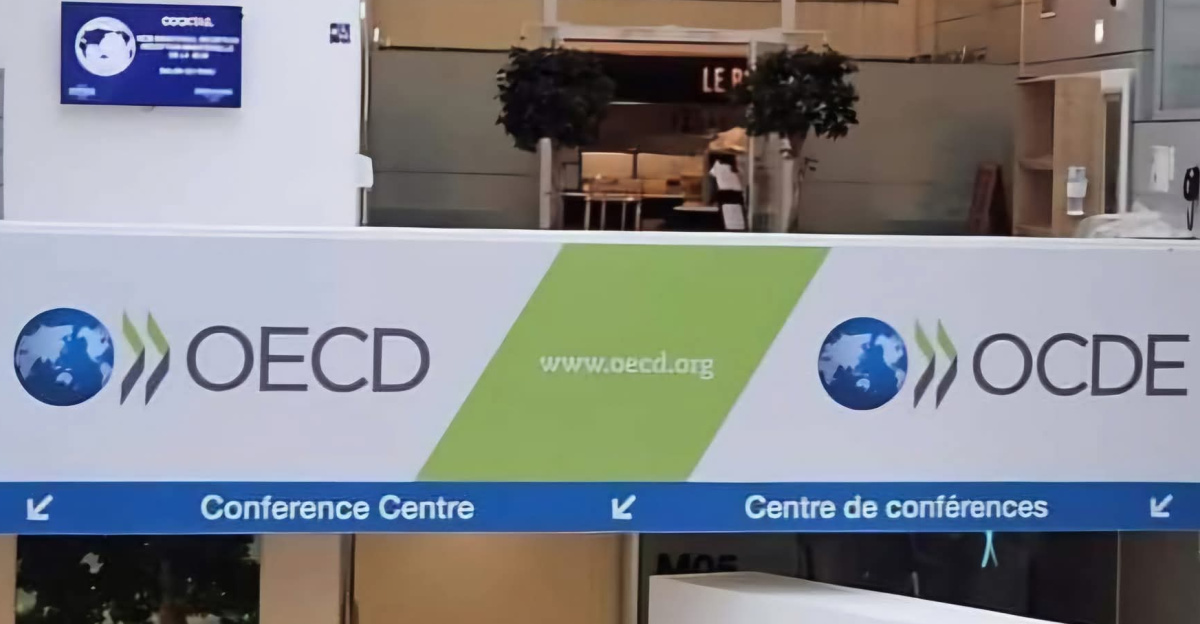
Only about 9% of plastic waste is recycled worldwide, according to the OECD. In the U.S., Greenpeace and other studies show no plastic packaging meets a 30% recycling rate. Even common bottles only reach about 21% or 10% recycling. In 2021, households made 51 million tons of plastic waste, but only 2.4 million tons were recycled.
What “Recycling Centers” Actually Do
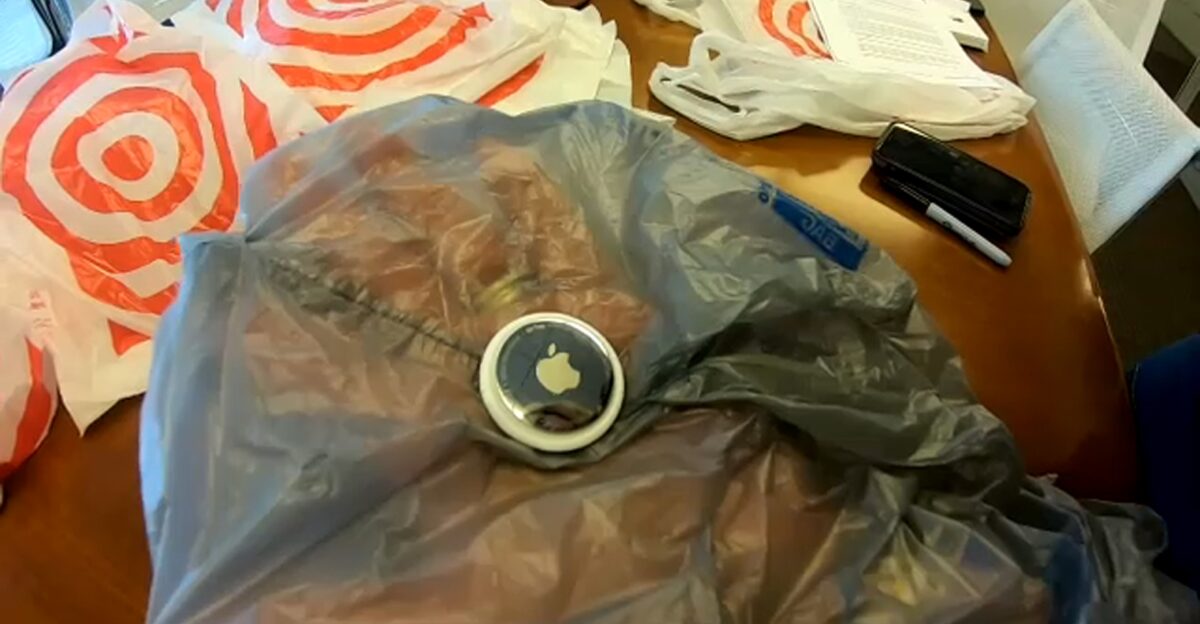
Just 4 out of 46 trackers reached facilities claiming to recycle plastic bags. But follow-ups showed none could prove they actually did. These sites either trashed the material or exported it. ABC News said none of the sites offered details on where the plastic ended up. Recycling sites often lack transparency, leaving consumers in the dark about what happens to their plastic.
When a Recycling Program Lost Credibility
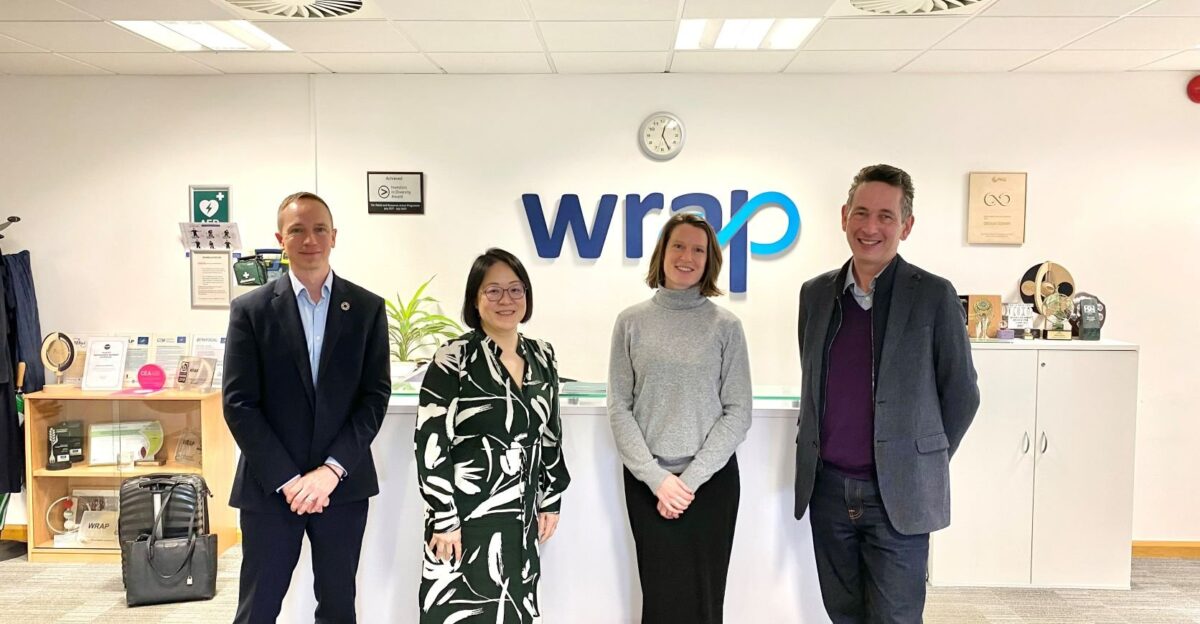
WRAP once listed nearly 18,000 store drop-off sites, backed by the American Chemistry Council. After ABC’s report exposed problems, the directory removed all Walmart and Target locations until they could prove bags weren’t burned or dumped. As of mid-2025, these retailers remain off the list, showing how deep the issue runs.
Millions Misled by Good Intentions
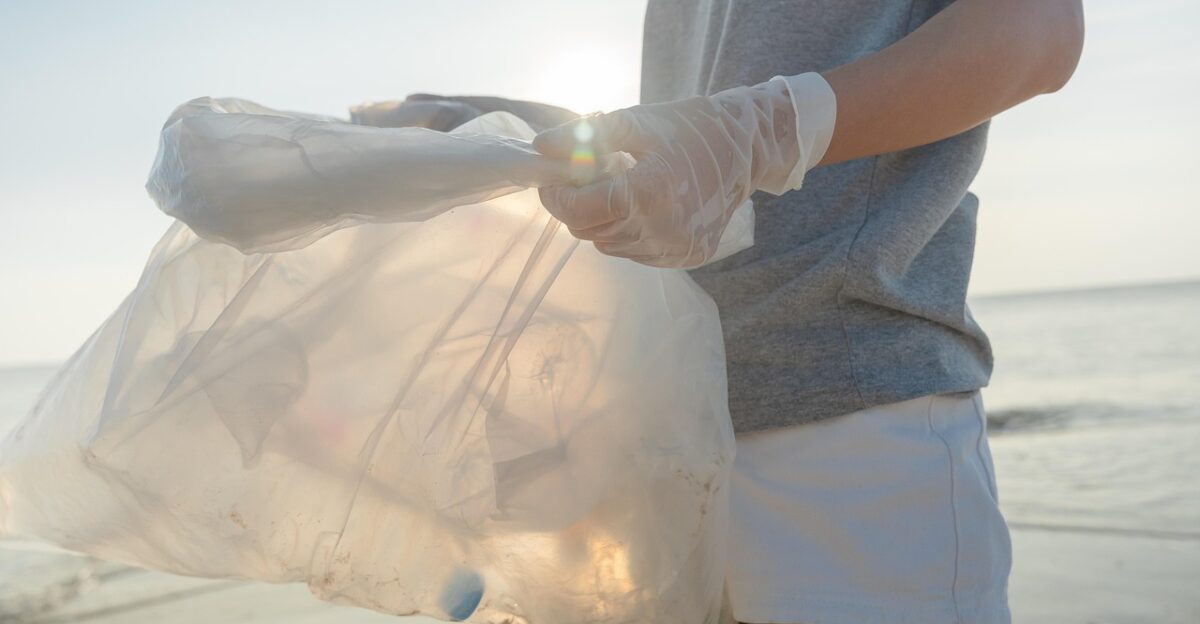
For years, Americans thought dropping plastic bags at stores helped the planet. ABC News revealed most bags weren’t recycled as promised. Environmental advocates say plastic bag recycling hasn’t worked as hoped. The trust many placed in these programs was misplaced, showing how companies benefited while the environment suffered.
Pollution Near Home and Far Away
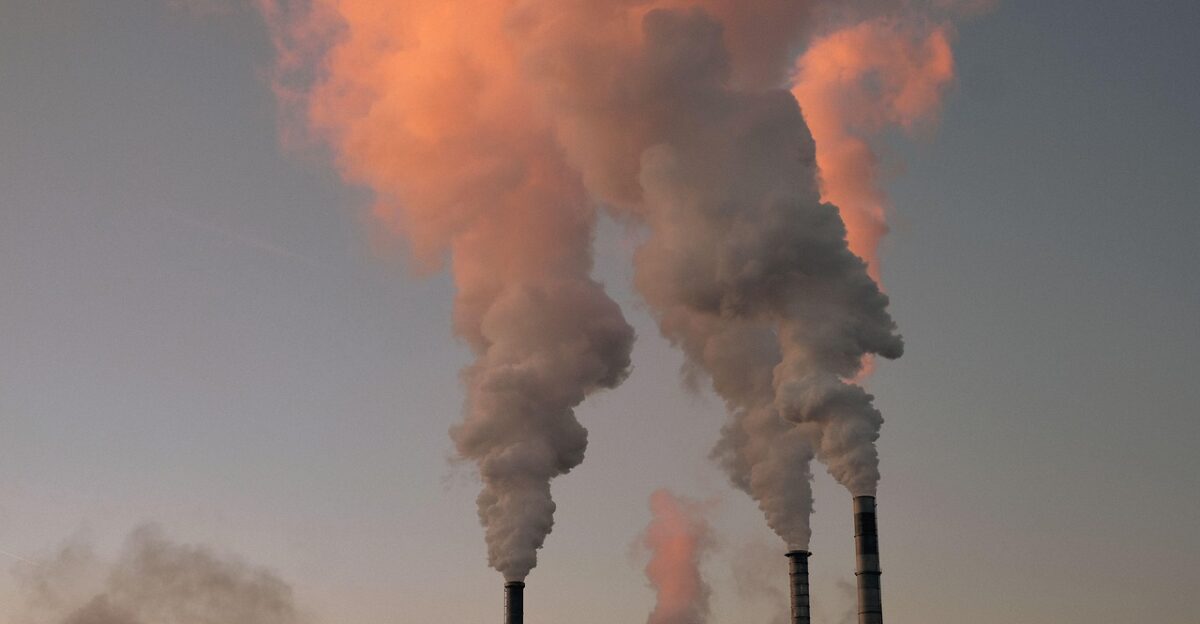
Peekskill, New York’s WIN Waste incinerator is the county’s largest air polluter, releasing harmful nitrogen oxides, sulfur dioxide, and particulates. These pollutants cause higher asthma rates, making Peekskill an environmental justice community. Meanwhile, in Malaysia, activist Pua Lay Peng fights illegal plastic plants that pollute air and water, threatening public health.
How Rich Countries Dump Trash on Poor Ones
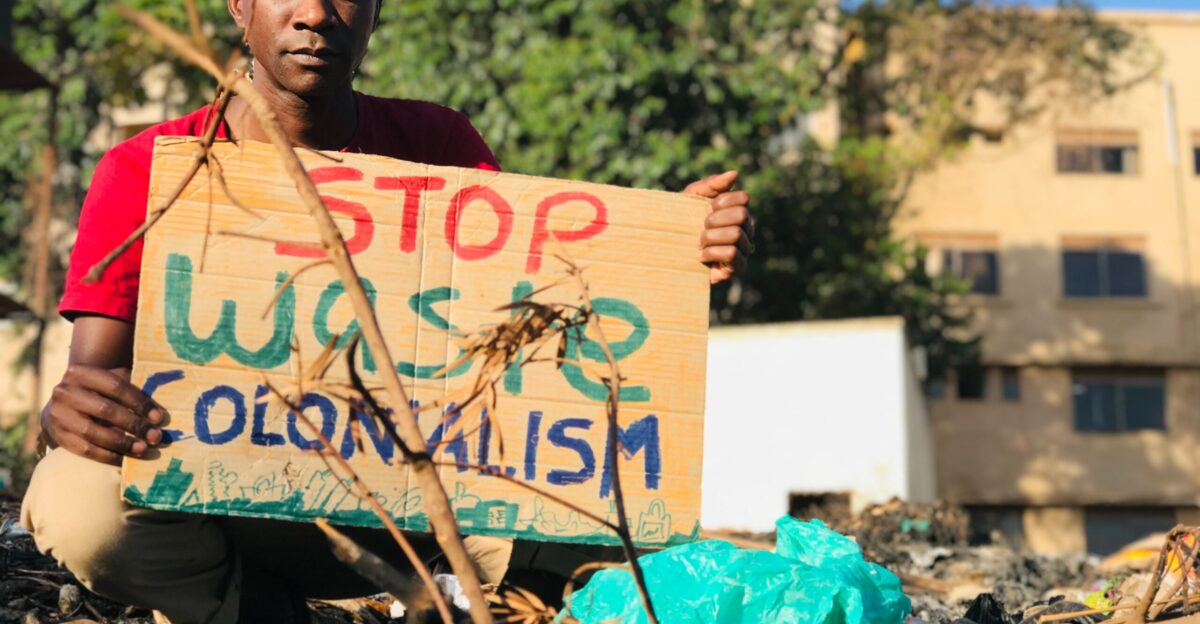
“Waste colonialism” means rich countries send plastic waste to poorer nations, causing health and environmental damage. After China’s 2018 import ban, Malaysia took in over 400,000 metric tons of plastic scrap in 2023 from the U.S. and others. The U.S. kept exporting until Malaysia banned U.S. waste imports in July.
Why Plastic Bags Rarely Get Recycled
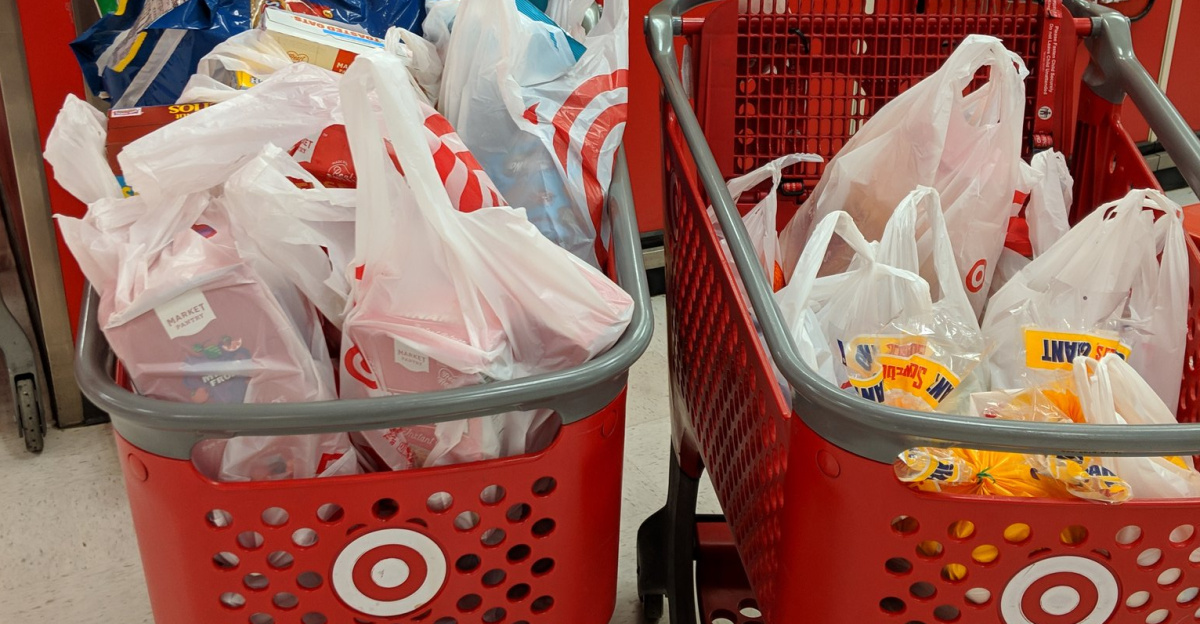
Recycling plastic film like grocery bags is possible but rare in the U.S. Problems include contamination, expensive sorting, and weak markets. Less than 2% of households get curbside collection for this plastic. Greenpeace found most plastic film ends up burned or landfilled. The American Chemistry Council admits recycling rates stay very low.
What Experts Say Needs to Change
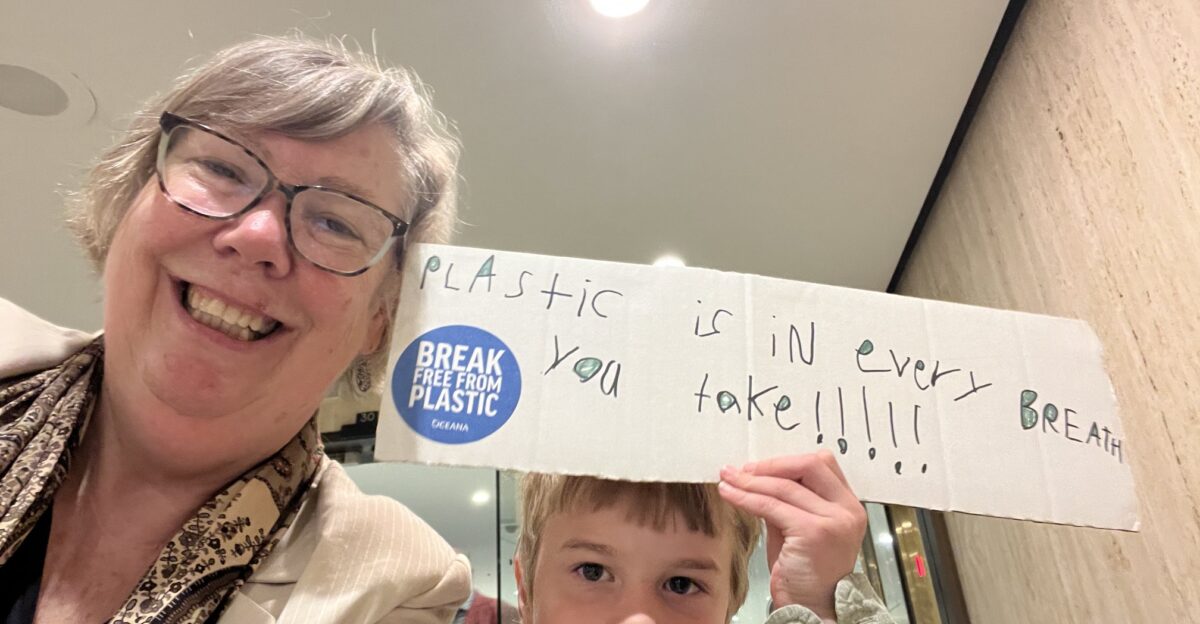
Judith Enck from Beyond Plastics says recycling alone won’t fix plastic pollution. She calls for bans on harmful plastics, strong producer responsibility laws, and investment in reuse systems. Greenpeace wants companies to use at least 50% reusable packaging by 2030 and demands better rules and transparency for big plastic producers.
The Hard Truth About Recycling—and What Comes Next
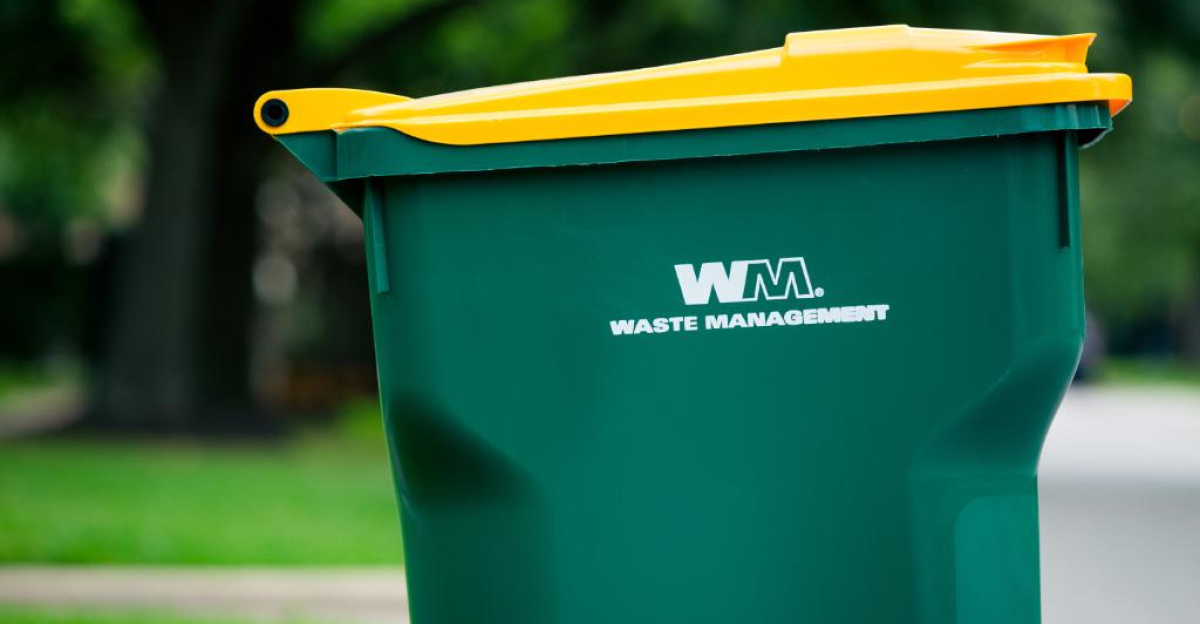
Many investigations show that plastic bags dropped in recycling bins often end up burned, dumped, or incinerated overseas in countries like Malaysia and Vietnam. Tracker studies from 2024-2025 confirmed this troubling trend. The OECD warns plastic use will nearly triple by 2060 without big changes. The recycling symbol gives false hope, hiding a growing crisis that needs urgent action from governments and companies.